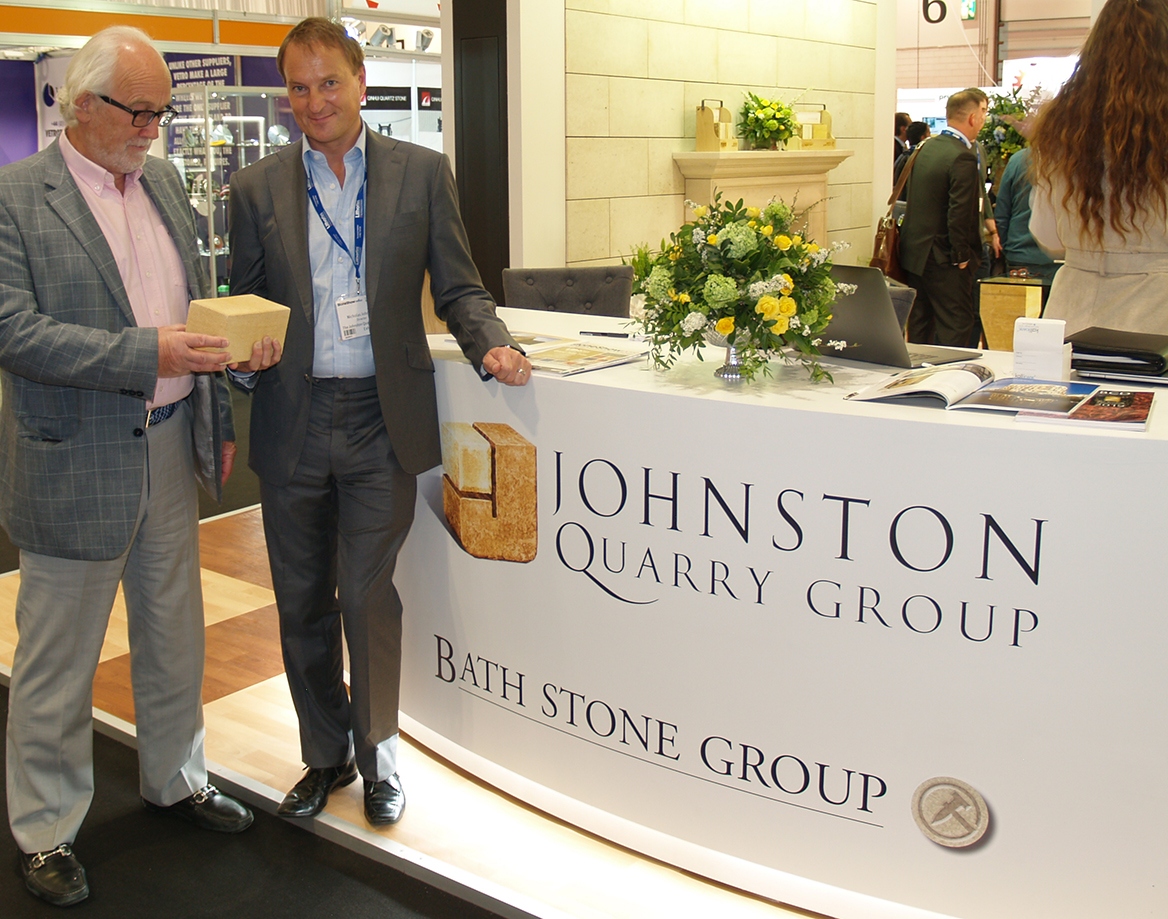Johnston Quarry Group and Guiting are being sold to SigmaRoc
SigmaRoc PLC has told its shareholders that it is buying Johnston Quarry Group Ltd (JQG), including Bath Stone Group, with its eight quarries in the South West, Oxfordshire and Lincolnshire, and Guiting Quarry Ltd. Management and Directors of the companies being bought, including owner Nicholas Johnston, will work with the new owners.
SigmaRoc is an AIM-listed buy-and-build group targeting construction materials assets in the UK and Northern Europe. It seeks to create value by purchasing assets in fragmented construction materials markets and extract efficiencies through active management and by forming the assets into larger groups. It doubled pre-tax profit to £7.1million on a 56% increase in revenue to £84.8million for the first six months of last year. It operates from 76 sites across the UK and northern Europe, employing about 1,800 people.
Investors Chronicle, rates the SigmaRoc shares as a 'buy'. It says the price rose 5% to 88p on news of the JQG acquisition and are currently trading at about 13 times earnings, in line with the company's five-year average. It says they have consistently outperformed the FTSE All-Share index.
SigmaRoc says it is paying £35.5million in cash for JQG and Guiting. The consideration will be funded from the SigmaRoc Group’s existing resources, including the assumption of up to £6million of JQG’s long-term debt and up to £3.6million in plant hire contracts.
It says Johnston Quarry Group, which operates two processing sites as well as the quarries, has access to 86million tonnes of freehold and leasehold reserves and resources, giving each mineral production site an average life of more than 40 years.
For the 12 months to 30 September 2021, JQG reported revenue of £14.7million, generating EBITDA of £5.9million and £3.6million pre-tax profit. As at 30 September 2021, the company had gross assets of £22.1million and net assets of £6.9million, primarily in land, mineral reserves, and plant and machines.
The acquisition is expected to complete in the next few weeks, following the satisfaction of certain conditions. On completion, Nicholas Johnston will remain available in an advisory capacity, as required, to ensure a smooth integration of the businesses into SigmaRoc.
As part of the acquisition, SigmaRoc has also conditionally agreed to purchase two further quarries, together with additional mineral reserves, for a total potential consideration of £14.5million.
These additional sites have strategically attractive locations relative to JQG and will increase the footprint of the business and market access.
The consideration for these additional sites is payable in three phases, on delivery of each of the two quarries and the delivery of the mineral reserves with planning permission. The Group expects these additional transactions to complete between the second half of 2022 and the second half of 2024.
David Barrett, Chairman of SigmaRoc, commented: “Johnston Quarry Group fits the SigmaRoc model well and I believe the benefits gained will be mutual. As a Group, we have focused on building a portfolio of high-quality stand-alone businesses, to which we can add value through our improvement and integration efforts, while maintaining those aspects of each which are unique and successful.
“We look forward to welcoming the JQG team to SigmaRoc and see significant potential to create value in this business over time.”
Max Vermorken, Chief Executive Officer of SigmaRoc, added: “JQG is a high-quality quarrying group with an attractive geographic footprint and a product range which offers both architectural and environmental benefits over alternatives.
“The acquisition extends our footprint significantly in several key markets within the UK, while offering the opportunity for further improvement and platform-based synergies.”

